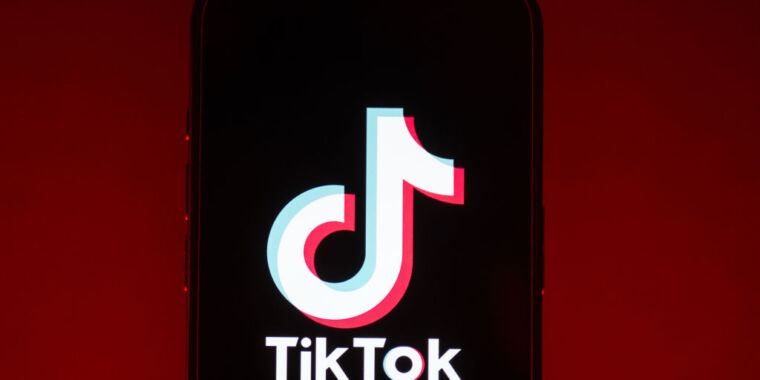The US House of Representatives Approves Bill to Potentially Block TikTok
Recently, the US House of Representatives voted 352–65 in favor of a bill that could lead to the blocking of TikTok in the US. A notable number of both Republicans and Democrats opposed the bill, marking a controversial stance on the future of the social media platform.
The Controversy Surrounding TikTok’s Potential Ban
TikTok has expressed strong dissatisfaction with the decision, labeling the process as secretive and claiming that the bill was hurriedly passed mainly to impose a ban on the platform. In response, a TikTok spokesperson emphasized the importance of considering the impact of such a move on the economy, millions of small businesses, and the substantial user base of over 170 million Americans.
Lawmakers behind the bill argue that the Protecting Americans from Foreign Adversary Controlled Applications Act is not a ban per se, but rather a measure that presents TikTok with a choice. The ultimatum provided dictates that TikTok must either separate from its China-based owners at ByteDance or face the consequences, potentially resulting in a complete shutdown of the app in the US.
Details of the Bill and Potential Consequences
If the bill secures approval in the Senate, app stores and hosting services could face significant penalties if they continue to support apps controlled by foreign adversaries. Specifically, fines of $5,000 per US user accessing or maintaining such apps could be imposed, presenting a substantial financial risk for platforms hosting TikTok.
The bill highlights a timeframe of 180 days for app stores and hosting services to restrict access to foreign adversary-controlled applications. TikTok and ByteDance have been explicitly mentioned as targeted entities, underscoring the intention to address perceived national security threats associated with the popular social media platform.
Statements from Lawmakers and Stakeholders
House Energy and Commerce Committee Chair Cathy McMorris Rodgers has been vocal in her support for the bill, pointing to the risks posed by applications like TikTok that are linked to countries like China. She emphasized the importance of safeguarding national security interests by curbing potentially risky apps.
While the bill awaits Senate deliberation, President Joe Biden has signaled his backing for the legislation, signaling its potential journey towards becoming law. Senators have indicated a cautious approach, mindful of the implications for TikTok users’ rights and civil liberties.
Notably, previous attempts to ban TikTok in the US have faced legal challenges, with the ACLU criticizing the rushed nature of the current bill’s progression through Congress. The ACLU raised concerns about potential infringements on free speech rights and the underlying motivations behind the push to restrict TikTok.
Image/Photo credit: source url





